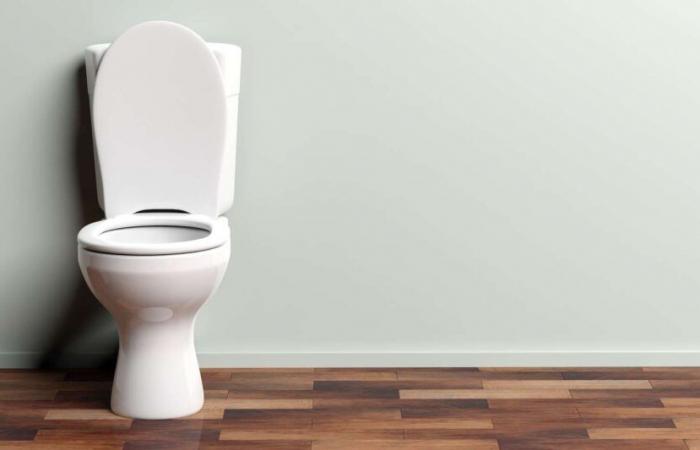For your safety, your comfort and even for your health, with just one click, you can now control the environment of your home. If home automation has made the daily lives of millions of people easier, it has also disrupted a fairly sacred concept: that of private life. As you have noticed, as soon as we use a digital service, we offer it our personal data on a platter. So imagine all the information that we make available by installing connected objects in our homes, as close as possible to our privacy!
No time to read? Discover this news in audio format in our Vitamine Tech podcast, hosted by Adèle Ndjaki. © Futura
Finally, do we still have a private life? Because increasingly intrusive gadgets aimed at improving our daily lives continue to emerge. Recently, we can even cite the example of Throne, an artificial intelligence that analyzes excrement and urine using a camera placed in your toilet bowl. Amazing ! The device promises to detect health problems such as lack of hydration, intestinal disorders or chronic diseases such as Crohn’s disease, colitiscolitis ulcer or irritable bowel syndrome.
For the moment, Throne is in prototype stage and would cost around 460 euros to install in your home. This artificial intelligence designed by doctors has the same mission as all the connected objects in a home: to offer an experience that is as personalized as possible. And as always, there are good and bad sides, because if Throne manages to inform its users about their health, the AI can also collect a whole bunch of other data at the same time since this service is connected to a smartphone, which is itself connected to a multitude of objects in the house. In addition, the camera placed in the toilet can provide extensive information on your schedules, your habits, your lifestyle… Data which is worth gold today and which can, for example, help Throne to provide personalized nutritional advice or, in the event of a leak, be used by people with bad intentions.
Throne in France?
Clearly, cameras fit into every corner, even the most unusual ones. If for the moment Throne is only available in the United States, could it have a chance of being exported to France? Well, it’s not impossible. If according to the CNIL it is prohibited to install cameras in public places and in private establishments inside fitting rooms and in toilets, with regard to the private sphere, the regulations are more flexible. Indeed, property law allows you to film inside your home on the sole condition that you do not infringe on the privacy of the people being filmed.
The CNIL informs that for this, it is imperative to warn all individuals of the existence of cameras as well as the purpose of their presence, in the case where the device is used outside a strictly private context (when you use an external company, for example). According to the definition of the GDPR, personal data is “any information relating to a person physiquephysique identified or identifiable”, knowing that a person can be identified directly (by their first and last name) or indirectly, by a photo for example.
A Roomba films its owner on the toilet, and he’s not the only one
The company behind Thorne says it does not photograph people, only the contents of their toilet bowl. According to their “privacy and security” page, the camera would be pointed at the bowl. The start-up even emphasizes that any data not relevant to its mission could compromise its ability to provide precise information on the health of its users. In other words, your image would, according to them, have no interest in being captured, quite the contrary. Throne, according to its designers, would use facial recognition technology that would automatically allow it to remove all irrelevant images.
In fact, only data relating to toilets would be retained. Data that would be encrypted by TLSTLS 1.2, or higher, on serversservers of the company. Moreover, to reassure its customers, the American start-up promises to process their data honestly and transparencytransparency and undertakes to transmit or delete the images collected at the request of its users. Ultimately, even if organizations try as best they can to maintain our privacy, it becomes more and more difficult to protect.






